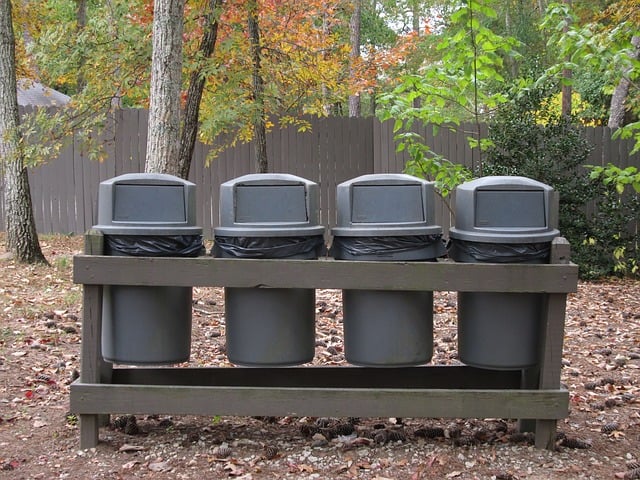Basic Recycling Tips Everyone Must Know

Even though recycling methods and technology has advanced in many facets of life and business, we all can do more to prevent recyclable material ending up in waste bins, especially if you’re a home or business owner. There’s plenty of recycling information and resources available to us but many families, companies and educational institutes still haven’t hopped on board. So, here’s what you should know and can definitely pass along to family, friends and your community.
Reduce and reuse
Before having to recycle items, try to reduce and reuse what you bring into the house. Great ways to reduce are using canvas bags at stores, avoid takeout containers and don’t buy things that come in wasteful packaging. Also, you can reuse all types of things like glassware for storage, gift bags and wrapping paper, kids can use old newspapers and magazines for arts and crafts and unwanted bedding and towels can be cut into cleaning rags.
Know what you can recycle
It’s easy to get fined by your recycling service because you added items that are not recyclable and they might skip your bin entirely. Memorize the list the service provides. Plastic and glass bottles and jars, food boxes, newspapers, magazines, beverage cans, and jugs are usually permitted. Plastic grocery bags, greasy pizza boxes, and takeout containers, Styrofoam and light bulbs are not allowed. With more research, we’re sure everyone will be surprised at what else can be recycled, like hair, pet fur, glasses, hearing aids, dentures, old bras and pantyhose, mattresses, sports balls, CDs and DVDs, wine corks, running shoes, prosthetic limbs, appliances, gadgets and more.
Have a recycling bin with every trash can
There are trash cans everywhere but the number of recycling bins around fall in comparison. We suggest accompanying every trash pail in your home with one for recyclables. The convenience will inspire family and friends to drop waste in the appropriate bin and be for mindful in public places.
Rinse glass and metal containers
It’s important to rinse out glass and metal containers because mold and mildew can grow as your recyclables sit around for pickup. This will keep animals and insects out of your bins and help keep things clean.
Buy recyclable, reusable and eco-friendly goods
Eco-friendly shopping is actually on the rise because more and more companies with sustainability in mind have discovered better ways to make the goods we use every day. There are better cleaning products available, fabric alternatives and countless ways to repurpose housing material like wood and tile. Anything you could want, there is a better way to have it made but you must look for it. Doing this will turn into a positive habit your children can adopt and pass on.
Recycle at work and school
Recycling habits can waver in the workplace and classroom but you can make a difference to maintain your efforts. Preparing lunch at home will reduce packaging waste and a great way to spend less money going out to eat. If there isn’t any coffee served at work, bring your own to avoid buying it at a shop and having to throw away the disposable cup. Keep your markers, pens, pencils and glue out on your desk so you won’t grab another until you need it. Also, only print documents when absolutely necessary. Try to utilize email and instant messaging for all office communications and when you do print, use both sides of the copy paper when you can.
To keep the little ones involved when at school, encourage teachers and counselors to deliver school memos electronically, reuse office and classroom supplies when possible, enact recycling contests, events, and social clubs. They can use recycled materials in their art projects, keep a scrap paper box in every classroom, minimize the number of handouts used in classes and use air dryers in bathrooms to cut out paper towels.
The last tip we want to give is to inspire your community to recycle and minimize waste. Following the tips above will make you a prime example and your family and friends will follow. Also, support other people you know that regard recycling as an important practice because the effort goes a long way. We all need to be aware of this issue to do what must be done for a secure and responsible future. Many studies have proved that our waste is piling up and causing negative effects on the planet. If we don’t make a change now, things will only get worse and we’ll have to deal with the point of no return. We’re happy to present this information and encourage everyone to pass it on. It will be a great way to start conversations, get to know new neighbors and instill positive habits in your home and community.
